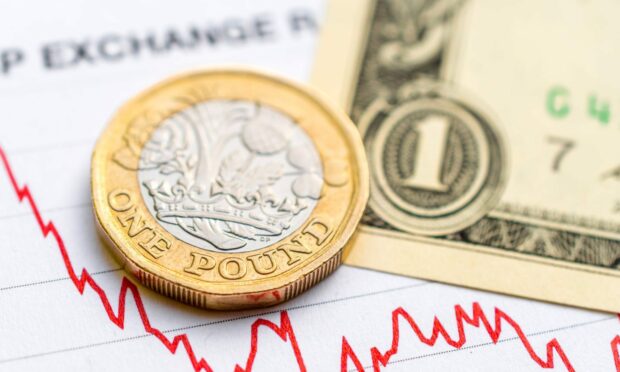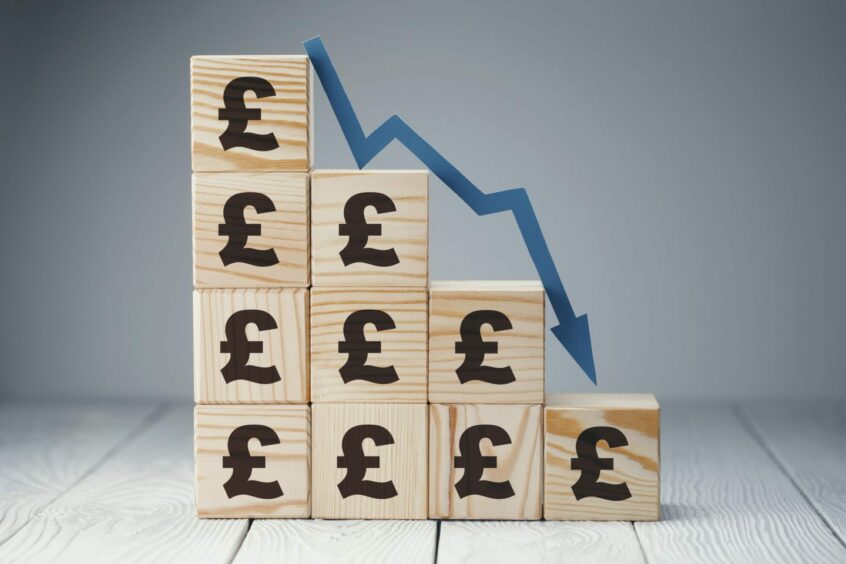The value of the pound sank to a fresh 37-year low.
But what does it mean for you? And how will it affect your everyday cost of living?
What does a weak pound mean for you?
A weaker pound means the cost of goods and services that are imported to the UK are more expensive.
It also makes buying foreign currency more expensive including American dollars and euros.
What could be affected price-wise?
Food – The UK imports more than 50% of its food so it means any coming from abroad will cost more.
Fuel – A weak pound will make filling up your car with diesel or petrol more expensive. Fuel is traded in dollars so this means a low pound will buy less fuel, forcing prices at UK forecourts to rise.

Energy – Energy bills are one of the things that are likely to increase as the pound falls.
Despite wholesale gas and oil prices falling from recent record highs, the market is priced in dollars and so we face paying more for the supplies we get from abroad.
Households won’t see their energy bills rise though as bills are capped for two years under the government’s new Energy Price Guarantee.
Beer – The boss of Carlsberg Marstons Paul Davies has warned UK customers could be facing a rise in beer costs.
When asked if the value of the pound mattered, Mr Davies, speaking on BBC Radio 4’s Today programme, said: “Yes it does, many of the hops used in this country are actually imported and a lot of them, particularly for craft brewers, are imported from the States, so changes in currency is actually worrying for industry, for sure.”
Technology – Most of our technology, including smartphones and tablets are made abroad.
There will also be pressure on companies that sell electrical goods such as iPhones to increase the retail price.
Apple has already increased the price of its latest iPhone range. The iPhone 13 started at £949 when it launched last year. The iPhone 14 range is retailing at £1,099 – a 16% increase.
Mortgages – A falling pound is likely to push inflation, which tracks how the cost of living changes over time, higher – if companies choose to pass on those higher costs to consumers.
About two million people in the UK on a tracker or variable rate mortgage could see their monthly costs going up even further as a result.
Holidays abroad – Foreign holidays are also likely to be more expensive, especially when visiting the US and other countries whose currencies the pound has dropped against.
It will mean getting less value for your money and it’s predicted families will be forced to spend a fifth more on American holidays.
Why is it happening?
The pound is falling because international markets have lost confidence in the UK government.
Chancellor Kwasi Kwarteng outlined a series of tax cuts and economic measures aimed at growing the economy, but this has backfired as global investors sell the pound.
What can be done?
The next step is likely to be taken by the Bank of England, which could raise interest rates by more than previously expected.
Higher interest rates tend to increase the value of the pound.
However, they also increase the cost of borrowing for households and businesses.



Conversation